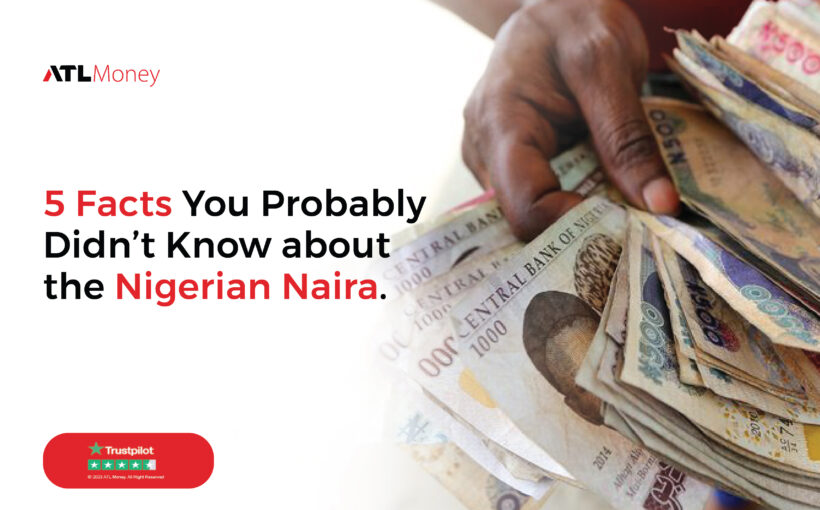The Nigerian Naira, the official currency of Nigeria, has a rich history and plays a pivotal role in the country’s economic landscape.
Today, we will explore five intriguing facts about the Nigerian Naira, shedding light on its unique attributes and revealing aspects that are often overlooked in everyday discussions about currency.
The Nigerian Naira’s Symbol
One fascinating fact about the Nigerian Naira is its symbol—a distinctive ₦ sign. This symbol represents the currency and is recognized globally as the official monetary unit of Nigeria. The unique design of the symbol reflects the country’s cultural heritage and serves as a testament to its economic identity and resilience.
Evolution of the Naira
The Nigerian Naira has undergone several transformations since its introduction. Initially, it was introduced to replace the pound as the official currency in Nigeria. Over the years, the currency has seen changes in design, denominations, and security features to combat counterfeiting, reflecting the Central Bank of Nigeria’s commitment to ensuring the integrity and stability of the Naira.
Naira’s Influence in West Africa
The Nigerian Naira’s impact extends beyond the country’s borders. It holds significant importance in the West African region, where it is widely accepted due to Nigeria’s prominent position as an economic powerhouse in the sub-region. Understanding the Naira’s role in West Africa underscores its broader influence and significance in the entire West African monetary system.
Naira Security Features
The Nigerian Naira boasts a range of advanced security features, including intricate designs, holographic strips, and other elements, making it increasingly difficult to counterfeit. These security measures highlight the Central Bank of Nigeria’s commitment to safeguarding the integrity of the Naira and preserving the trust and confidence of businesses and individuals who use the currency for commercial and personal transactions.
Additionally, the Central Bank of Nigeria oversees the exchange rate of the Naira, ensuring stability and facilitating international transactions, thereby maintaining its relevance as a currency of choice for regional trade and commerce.
To round up, the Naira stands as a testament to Nigeria’s economic prowess and cultural heritage. By unveiling these lesser-known facts about the Naira, we gain a deeper appreciation for its significance within Nigeria and the broader West African region. Understanding the Naira’s unique attributes enriches our comprehension of this enigmatic currency, fostering a greater sense of connection and clarity in our financial interactions.
**Send Money to Nigeria with Ease—Choose ATLMoney**
Send funds securely and effortlessly to Nigeria, enabling swift and reliable transactions for your business or personal needs. Visit ATLMoney to explore our convenient remittance services to Nigeria.
